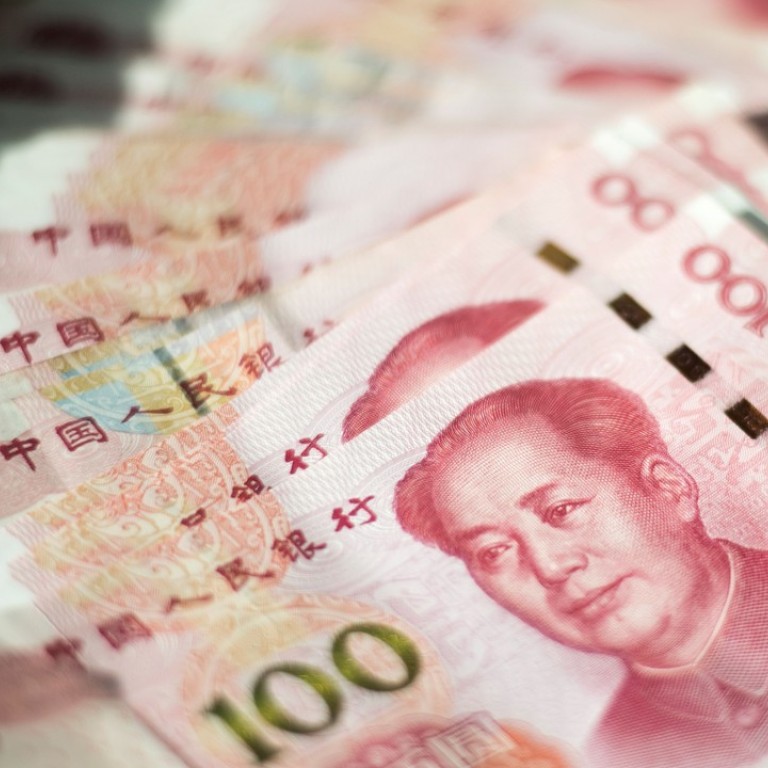
China resumes outbound investment scheme but with tighter controls
China has eased capital controls further by allowing the resumption of an outbound investment scheme that allows domestic financial institutions to trade yuan-denominated products, but strictly prohibiting them from converting yuan into foreign currencies.
The People’s Bank of China (PBOC) published a notice on its website on Thursday to “further clarify” the regulations around the so-called Renminbi Qualified Domestic Institutional Investors (RQDII) programme.
The RQDII scheme was introduced in November 2014 as a way to expand outbound investment channels by Chinese financial institutions, but it was suspended unofficially in late 2015, as rapid fundraising and investment activities by banks and securities firms raised regulators’ fears of capital flight amid yuan’s depreciation against the US dollar.
It used to be a common practice for institutions to convert yuan into foreign exchange and trade US dollar-denominated bonds or derivatives, although the programme was designed for yuan-denominated products, like dim sum bonds only, according to banking sources.
That was because the RQDII was more loosely regulated compared to a sister programme called Qualified Domestic Institution Investor (QDII), which allows currency swap by institutions for trading overseas bonds and equities, with a quota strictly managed by the State Administration of Foreign Exchange.
China allowed the resumption of QDII last month.
Institutions do not need to apply for quota before they raise funds for RQDII investments.
The PBOC’s notice clearly stipulates that the yuan must not be converted into foreign currencies under the scheme for overseas investment. In addition, RQDII investors must submit details of the portfolio and capital flows to the central bank, and are subject to PBOC’s macro prudent assessment.
“The statements just closes up a former loophole, that enables taking up non-yuan-denominated assets, or currency arbitrage trading, which could weigh on the exchange rate of yuan,” said Jennifer Xu, an executive with Bank of Communications in Shanghai.

